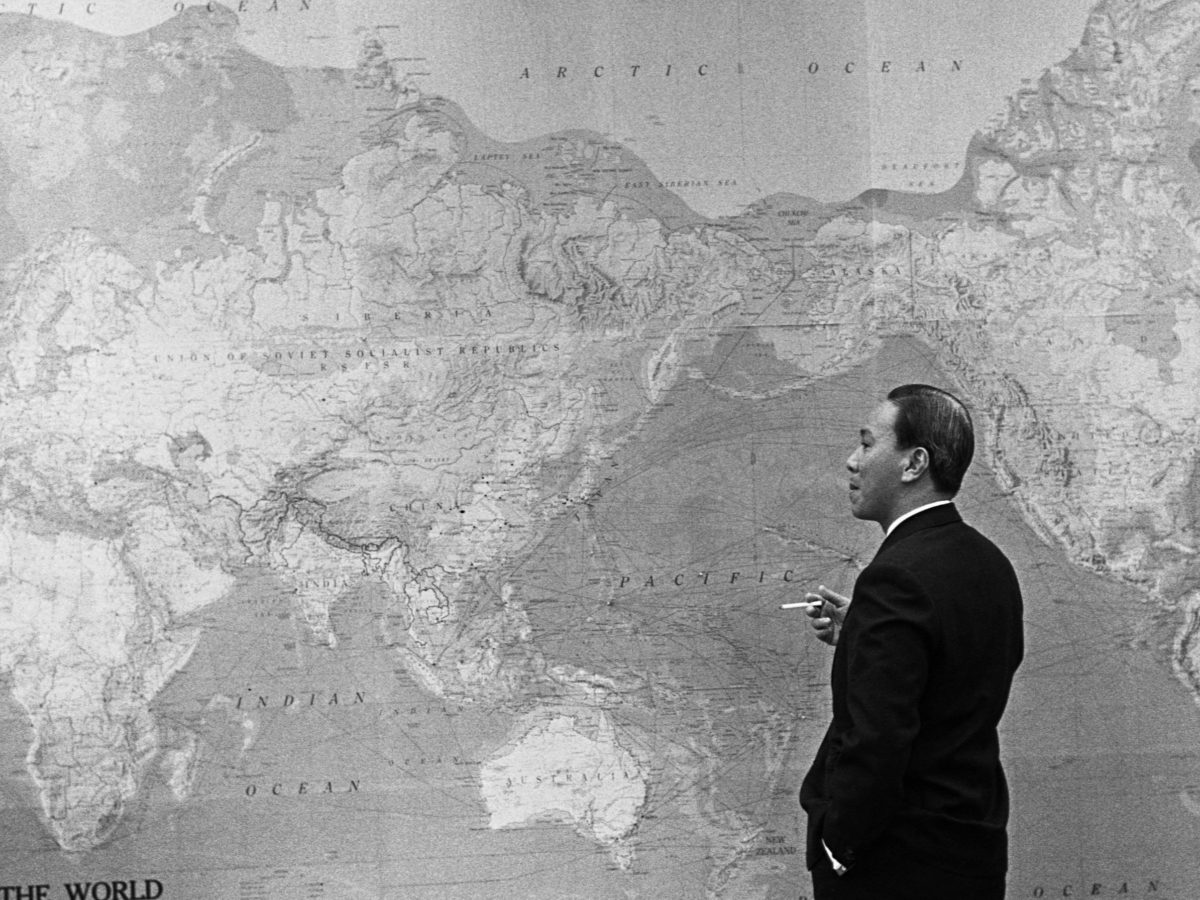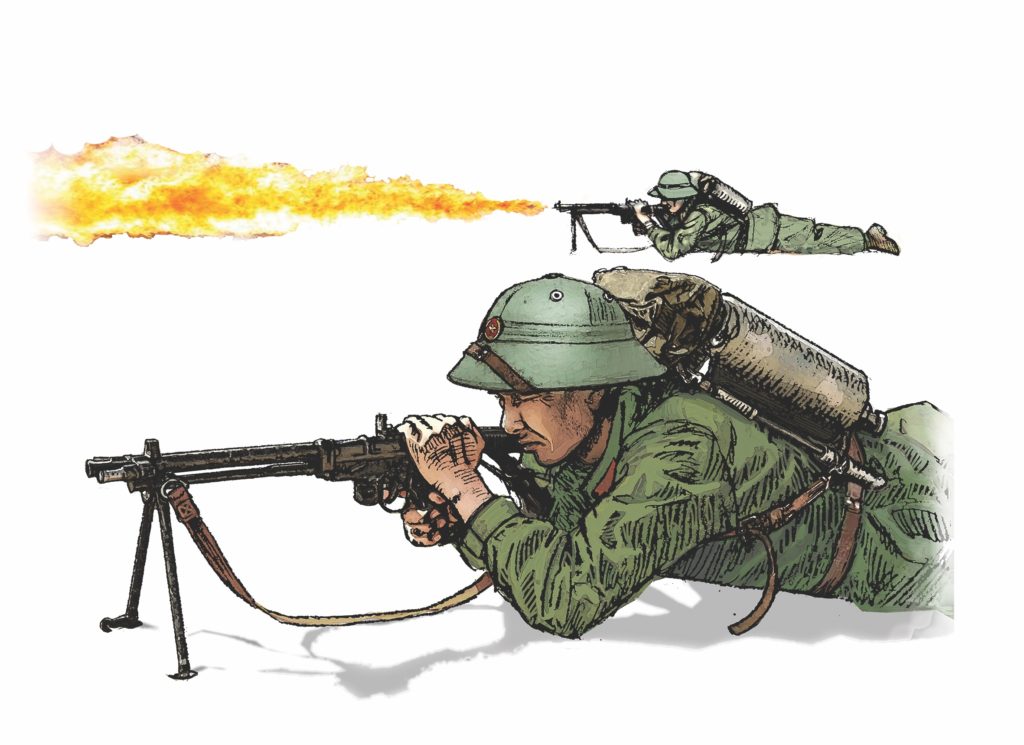There are several ways to answer this question, depending on how one interprets the terms “lose” and “war.” All of the arguments have merit, and readers may choose which one seems most persuasive to them.
The conventional view remains that the United States lost the Vietnam War because our opponent, North Vietnam, conquered the side we backed, South Vietnam, which surrendered in April 1975. Although the North Vietnamese and Viet Cong sustained enormous casualties — upward of a million killed by wounds, disease and malnutrition — the communists eventually prevailed.
Recommended for you
Others argue the United States did not lose the war because all U.S. combat forces had departed South Vietnam by the beginning of 1973, more than two years before the final North Vietnamese victory. In this view, the war was a political failure — the United States had failed to keep South Vietnam independent and noncommunist — but it had not been a defeat for the U.S. military itself.
A third argument holds that the United States was never defeated in Vietnam because it was never our war to win or to lose. American forces were deployed to South Vietnam to help that nation defend its territorial and political integrity — not to conquer North Vietnam. Despite the massive commitment of American forces and resources, the Vietnam War was a civil war between North and South, communist and noncommunist, in which Vietnamese on both sides did the most fighting and dying. The United States attempted to swing the balance in favor of the South but was never in a position to decide the ultimate fate of Vietnam, according to this reasoning.
GET HISTORY’S GREATEST TALES—RIGHT IN YOUR INBOX
Subscribe to our HistoryNet Now! newsletter for the best of the past, delivered every Monday and Thursday.
Who Was the US really Fighting?
Others contend that the United States could have achieved a traditional military victory if the troops had not been forced to fight “with one hand tied behind their backs” due to Washington’s fears that stronger measures would have provoked a direct conflict with China and the Soviet Union, our enemy’s two principal patrons. They argue that it would be misleading to say that the United States lost a war it was never truly committed to winning.
Lastly, one could argue the United States did not lose the Vietnam War because the only “war” that really threatened the country then was the Cold War. The Vietnam War was a battle within the larger Cold War, along with the Korean War, confrontations in Berlin, the Cuban Missile Crisis and other clashes between the U.S. and its main communist rivals, the Soviet Union and China. According to that perspective, the United States fought a bloody but ultimately inconclusive war in Southeast Asia before prevailing with the 1991 collapse of the Soviet Union. V
historynet magazines
Our 9 best-selling history titles feature in-depth storytelling and iconic imagery to engage and inform on the people, the wars, and the events that shaped America and the world.










